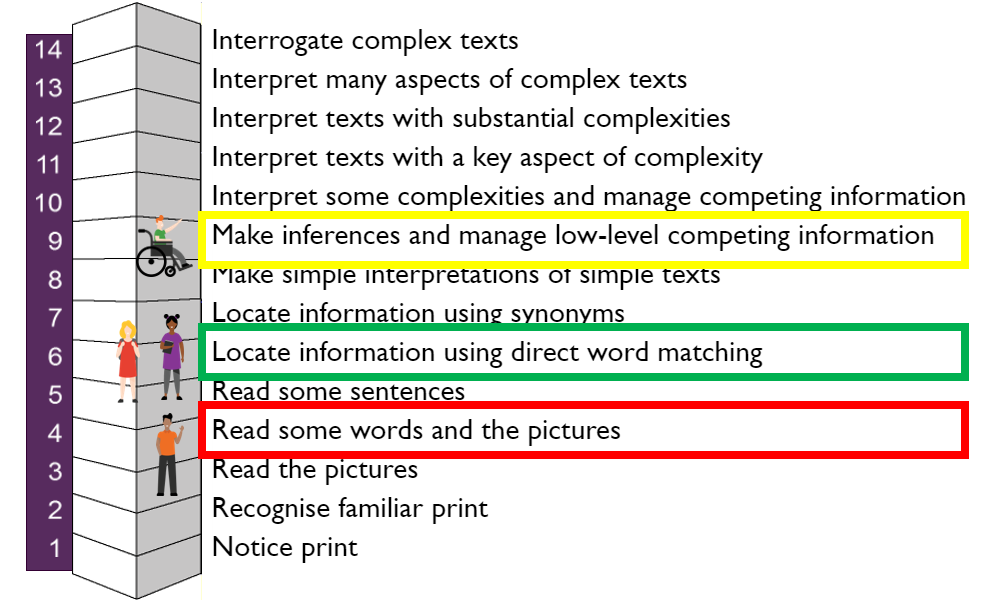
Progressive Achievement approach and formative assessment strategies
Feature 22 Nov 2022 4 minute readIn November 2022, ACER Education Consultant Mr Marc Kralj presented to international schools across Asia and Europe about how the Progressive Achievement approach works alongside formative assessment. The session provided useful context and strategies for teachers to employ in their classrooms. We give some key takeaways from the discussion.
Formative and summative actions in the Progressive Achievement approach
The Progressive Achievement approach underpins many of ACER’s assessments and resources. The goal of the approach is to help all students show progress in their learning and includes three key steps:
- gathering evidence – using data to understand where students are in their learning
- supporting next steps – informing teaching and learning through setting personal stretch targets, developing teachers’ capabilities and using learning resources
- tracking progress – monitoring growth of student achievement over time.
Mr Kralj identified that the approach includes both summative and formative assessment actions, as shown in this table:
| Formative actions | Summative actions |
| Identifying next steps in learning | Norm reference comparisons |
| Understanding the described scale | Scale scores and achievement band results |
| Qualifying learning growth with the described scale | Learning growth measures |
Additionally, the key elements of the approach can be compared with Paul Black's and Dylan Wiliam’s definition of formative assessment, an assessment functions:
formatively to the extent that evidence about student achievement is elicited, interpreted, and used by teachers, learners, or their peers to make decisions about the next steps in instruction that are likely to be better, or better founded, than the decisions they would have made in the absence of the evidence. (Black & Wiliam 2009).
Gathering evidence
When we are gathering evidence, Mr Kralj noted, we should always be thinking about why we are doing it and keep in mind how it will support students in their next steps.
‘Assessments allow us to understand where students are in their learning,’ Mr Kralj noted, but they ‘should be used in unison with a number of resources.’
Using assessments alongside teacher observations and a range of conversations, including discussions with students, will mean that teachers have the best evidence for making informed decisions for next steps.
Understanding the described scale and learning growth
Many of ACER’s assessments, including PAT and assessments like PAIS that adapt the approach for an international curriculum, use described scales that support teachers in qualitatively measuring their students’ learning growth and helping to identify next steps in learning.
For example, Mr Kralj talks through simplified mathematics and English scales, where students move from early concepts to more sophisticated concepts.

Example English scale, simplified from the Progressive Achievement for International Schools (PAIS) described scale.
‘What does long-term progress look like? Students at the same age and the same year level are going to be at very different points, but we contextualise what those points might be,’ Mr Kralj said.
‘And we ask, do our students know where they are in their learning?’
‘As educators how can we assist our students in understanding this and to develop skills to achieve this?’ asked Mr Kralj.
As part of activating students as owners of their own learning, Mr Kralj discussed a range of formative assessment strategies, highlighting a few key activities including traffic lights, exit slips and rubrics. A complete list of the discussed strategies can be found in Karen Cornelius’s article ‘Formative Assessment Favourites’.
Find out more
If you would like to watch the complete webinar session, you can register for access to the recording here.
If you have any questions or queries, please contact the team at school.engagement@acer.org.
